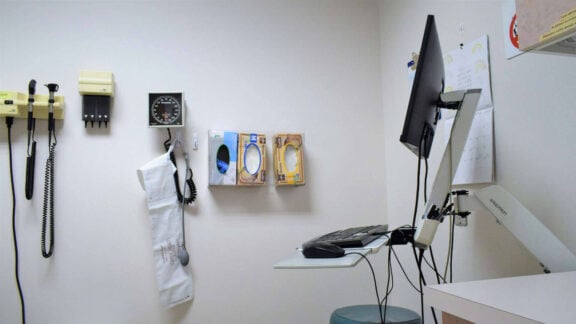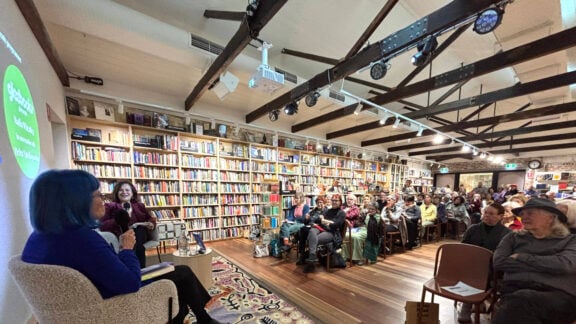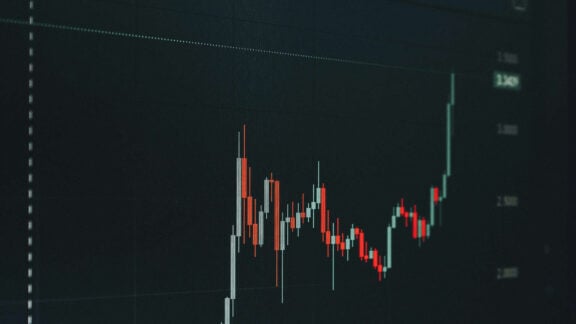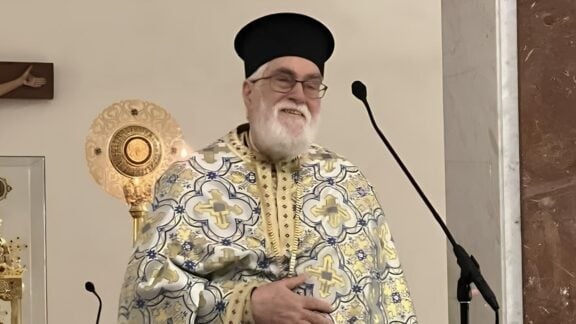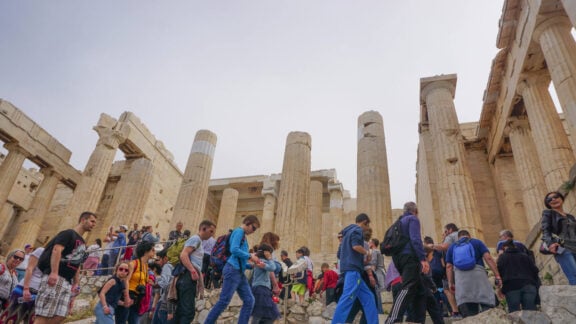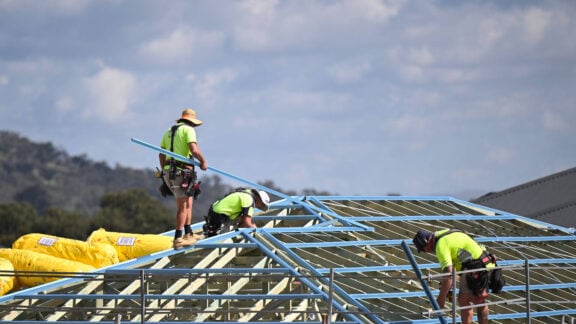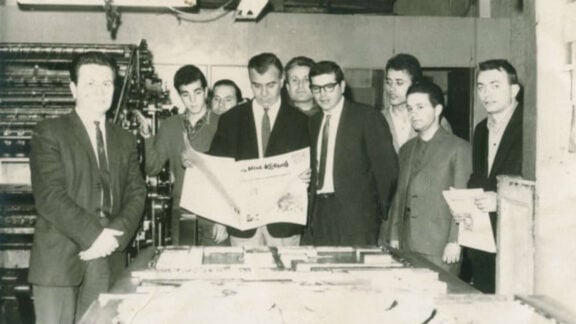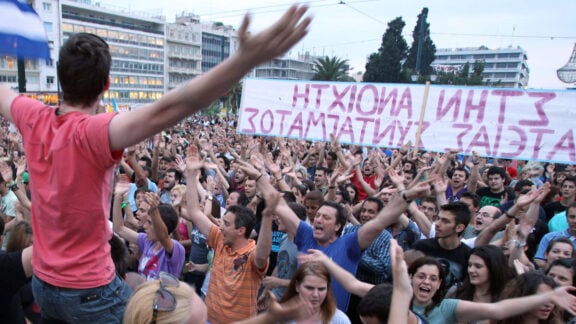The Coptic Orthodox Church of Saint Mary in Kensington is holding a public breakfast, open to all members of the community, in honour of Anzac Day. This is a beautiful gesture which shows how a community, of Middle Eastern origin, that has ostensibly at least, no historical ties with one of the most enduring and hallowed of Australian commemorations, can integrate itself within the context of that commemoration, in a respectful and meaningful way, proving that one does not need to be of the same race as those who underwent the severe trials of Gallipoli, in order to pay tribute to the eternal human virtues of courage, loyalty and self-sacrifice. Our community institutions have much to learn from the Coptic approach which, at its heart is truly multi-cultural.
The word ostensibly is used above because the Copts do have a link with the ANZACs, one that like so many others is generally glossed over by an official public narrative that had until recently emphasized the role of certain key participants such as the British, the Australians, New Zealanders and Turk and is only now, gradually coming to acknowledge the role of other minor protagonists. One of these are the Copts, the native, non-Arab people of Egypt.
As a Christian minority that had been relegated to the inferior status of a dhimmi (non-Muslim) people under Islamic rule, the Copts felt a natural affinity towards the ‘Christian’ west and avidly supported Britain’s appropriation of Egypt in the latter part of the nineteenth century. With their western orientation and superior education, they were able to achieve important bureaucratic positions within the British administration.
Thus during World War I, Coptic community of Egypt held many fundraisers in order to assist the Allied war effort. As well, Coptic public servants played a key role in co-ordinating supplies, provisions and accommodation for ANZAC soldiers billeted in Egypt on the way to the front. Such a task was not always easy. Egyptian Nobel prize laureate Naguib Mahfouz describes in several of his works, the difficulty faced in controlling the rowdiness of Australian ANZAC soldiers, with their tendency to get drunk and become overly friendly with the local women, in violation of Egyptian social codes. Furthermore, vocal Coptic support of the Anzacs directly defied the call for jihad against the Allies, issued by the Ottoman sultan, who was also the caliph of Islam. Egypt was still technically a part of the Ottoman Empire and much of the muslim population of Egypt was sympathetic to the Sultan’s call. The fact that a subjugated minority had the temerity to defy this call and actively assist the perceived enemy did not go unforgotten or unpunished and Copts have over the years paid a terrible price for what is perceived to be, their western orientation.
It is hoped that the Coptic contribution to the ANZAC cause becomes more widely known and more broadly studied in years to come. In the meantime, local Greek community activists, including former members of Parliament Lee Tarlamis and John Pandazopoulos, along with the indefatigable military historian and honorary Greek Jim Claven, through the Lemnos Gallipoli Commemorative Committee have, after years of hard work, managed to raise increased awareness the Greek contribution to the ANZAC cause, especially with regards to Lemnos. This is of immense importance, as Lemnos was the major base of ANZAC operations, the place where the Anzacs practiced the landings, where the Australian nurses and medical staff established their hospitals, where the sick and injured soldiers returned for treatment and where the soldiers returned for brief periods of rest. It was also where the war that began at Gallipoli in 1915 ended in 1918, with the Armistice of Mudros, a bay of Lemnos. Joy Damoussi, in her recent book, Memory and Migration in the Shadow of War: Australia’s Greek Immigrants after World War II and the Greek Civil War, writes just how instrumental shared experiences of war were, in forging links between Greeks and Australians.
Furthermore, historians such as Panayiotis Diamandis in Sydney have, through their research, also highlighted the terrible human cost suffered by Greeks as a result of the ANZAC campaign. An estimated 15,000 native Greek inhabitants of the Gallipoli peninsula were forcibly removed and or ethnically cleansed by the Ottoman army, in their bid to secure the gateway to the Dardanelles. As well, he argues convincingly, that the order to intensify the deportation of Greeks and Armenians within the Ottoman Empire, which is considered to have constituted a genocide, was made as direct reaction to the ANZAC landing at Gallipoli. The Greek Australian community is thus inextricably woven into the warp and the weft of the ANZAC legend and we can and must do more to explore and commemorate that involvement and historical presence within the broader context of Australian ANZAC commemorations.
One aspect of Greek involvement in the ANZAC legend is generally overlooked sits in parallel with the Coptic experience. During World War I, a relatively large, wealthy and politically significant Greek community was resident in Egypt, especially around Alexandria and Cairo. The connection of that community with the ANZACs in a fascinating one because its wealthy leaders, industry and property magnates with political interests in Greece, variously aligned themselves with the royalist (anti-war) or Venizelist (pro-Allied) factions within that country, polarizing the Greek-Egyptian community in the process. Works of literature such as Dimitris Stefanakis’ epic ‘Days of Alexandria,’ («Ημέρες Αλεξάνδρειας»), portray just how riven by internecine strife the Greek community was at that period, with one half actively supporting the British, the wives of wealthy Greek businessmen holding fundraisers for the ANZAC troops and seeking to organize entertainment for them, (and indeed, some female members of the Greek-Egyptian community formed attachments of love with ANZAC soldiers) while the other half of the Greek community embroiled themselves in numerous arguments with their compatriots, dissolved friendships and on occasion, found themselves at odds with the British authorities as a result of their opposition to the Allied cause. It would be fascinating to study the considerations which led the Greeks of Egypt to actively support or oppose the ANZACs for in doing so, a microcosm of contemporary Greek society is revealed while contemporaneously providing one more link between our community and the ANZACs. Sadly, no such attempts have been made here in Australia to date and it would be of great benefit if the various Greek-Egyptian-Australian organizations that operate here, could turn their minds to such an important task. In the meantime, we should also do more to raise awareness of and celebrate the contributions of the small Greek-Australian community at the time, to the ANZAC effort.
One doesn’t have to be an Anglo-Australian to honour or appreciate the ANZAC legend. Nor does one have to be an imperialist, colonialist, or nationalist. One cannot help but admire the courage, steadfastness, loyalty and resourcefulness of the young Australian soldiers, who were placed in the most horrific of circumstances but nonetheless remained committed to sacrificing their lives for what they believed to be the greater good. There’s is a very human achievement, that reminds us that even in a place of utmost evil, love and friendship can endure. That the Greek people both within Greece and outside of it, and others, stood beside the ANZACs, cheered them on, tended to their wounds, fed them, provided them with comfort and held their hands as they died is something our community can be inordinately proud of. In all of these ways, ANZAC day is of vital importance to the Greek-Australian community.
It is OUR day, not only as Australians, but as Greeks as well and judging by the large number of Greeks attending my local RSL’s pre-Anzac day commemoration, these are sentiments which laudably, are shared by the majority of the Greek Australian community. On the 25 of April this year, and on every day thereafter, we the Greeks of Australia will remember them, and because we are an old people, with incredibly long memories, we will never forget.
*Dean Kalymniou is a Melbourne-based solicitor and freelance journalist.
